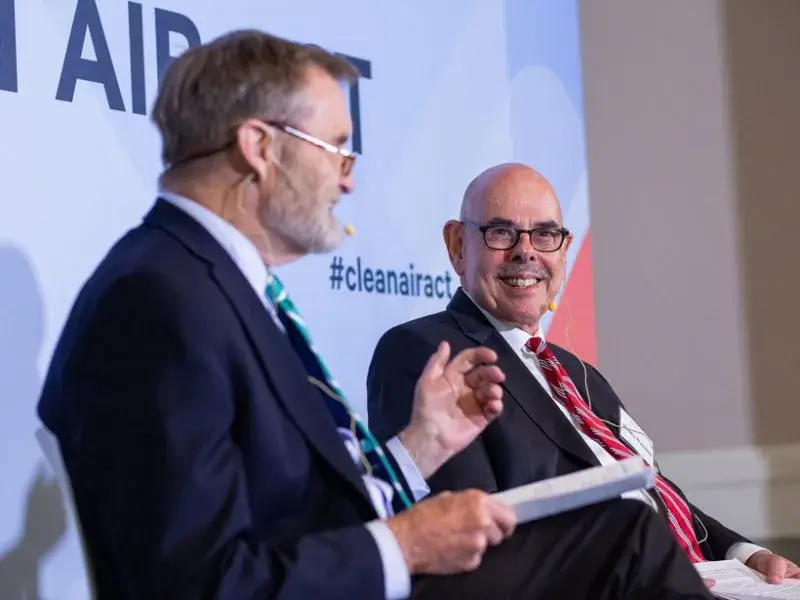“The biggest problem we face on climate is not that we need to come up with better ideas,” according to former U.S. Rep. Henry Waxman. “What we need is Republicans who will negotiate in good faith.”
If some Republicans would be willing to seriously negotiate about climate change, “it wouldn’t be hard to work out the problems. It would take time. It would take trade-offs. But we could get somewhere.”
Waxman, a California Democrat who served in Congress for 4 decades as a leader on environmental and other issues, said at a 10 June forum in Washington, D.C., that although congressional Republicans and the Trump administration present significant obstacles, he is hopeful about action on climate change.
If some Republicans would be willing to seriously negotiate about climate change, “it wouldn’t be hard to work out the problems,” said Waxman. “It would take time. It would take trade-offs. But we could get somewhere.”
Waxman, who retired from Congress in 2015, had a prolific legislative career that included leadership on improving the Clean Air Act and on health care, among other issues. The 10 June forum about lessons from the Clean Air Act was sponsored by Resources for the Future and the American Academy of Arts and Sciences and also included other experts who focused on the successes and failures of the Clean Air Act.
The former congressman, who currently chairs Waxman Strategies, a Washington, D.C.–based public affairs and strategic communications firm, recalled that the successful 1990 reauthorization of the Clean Air Act benefited from a lot of horse trading with Republicans as well as with Democrats who represented states dependent on coal.
. . .
